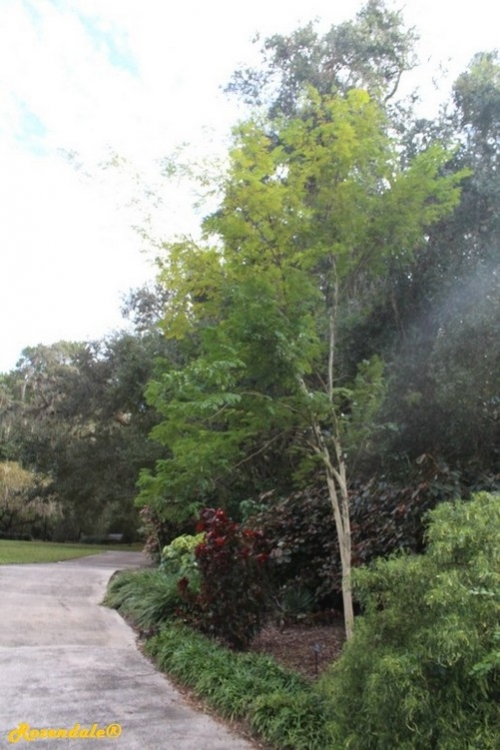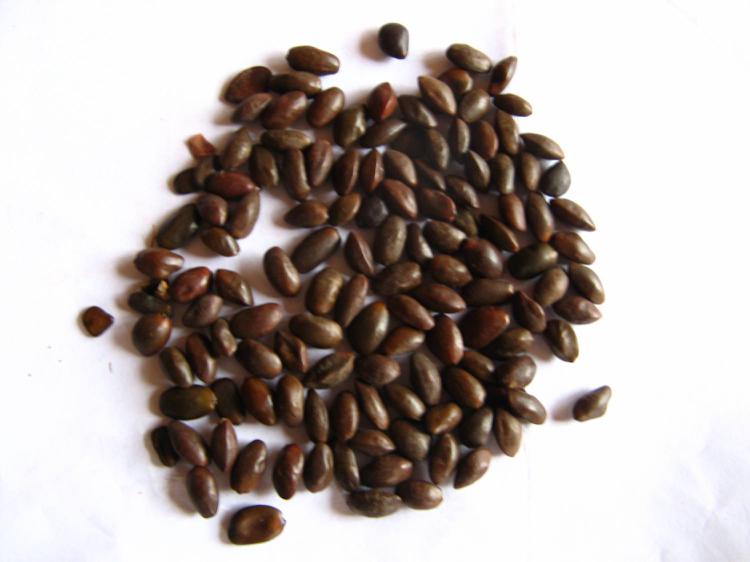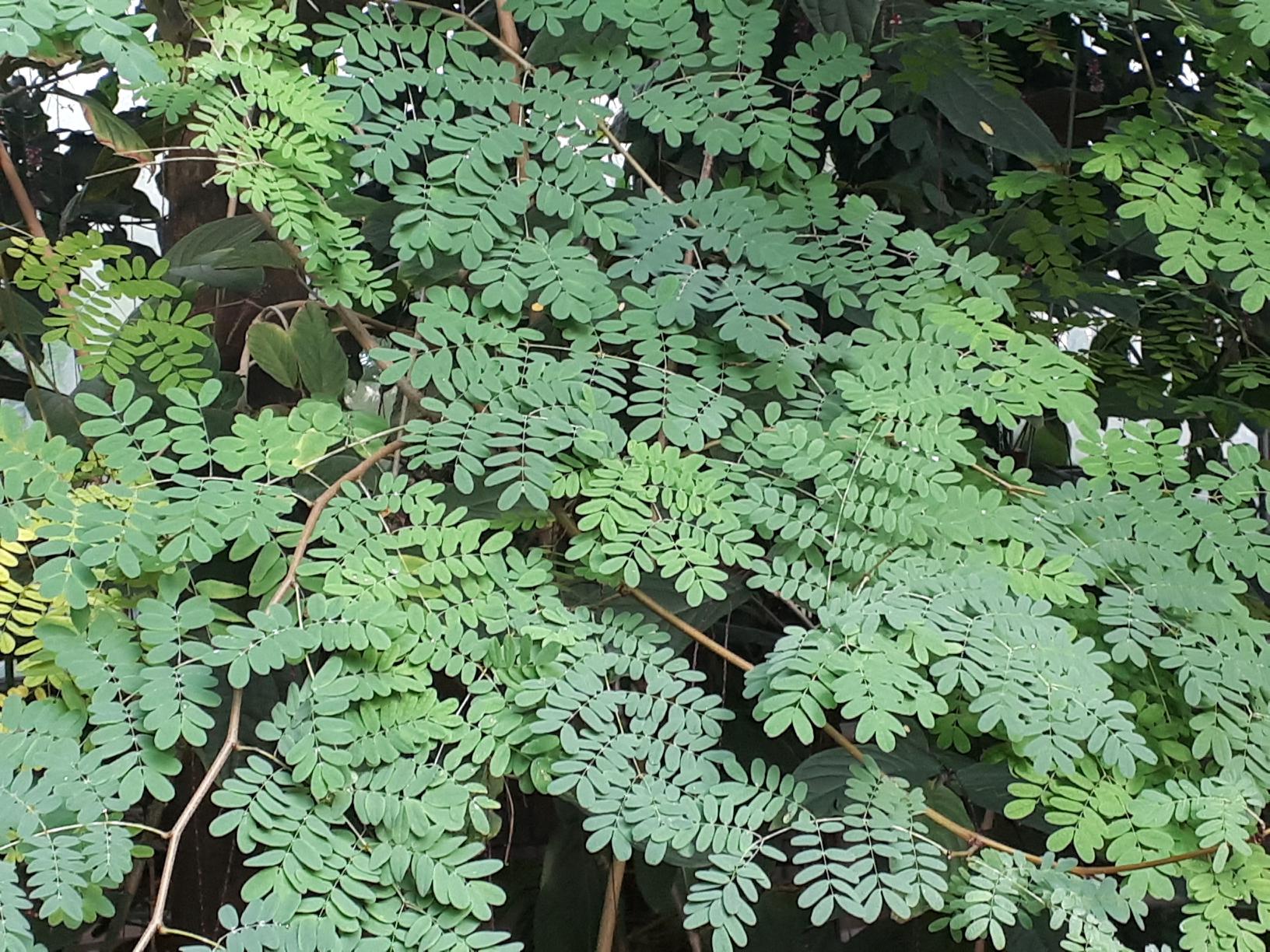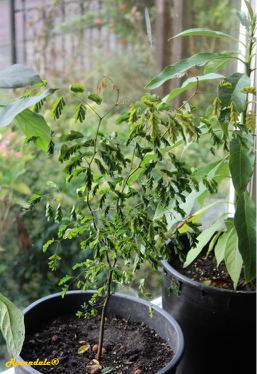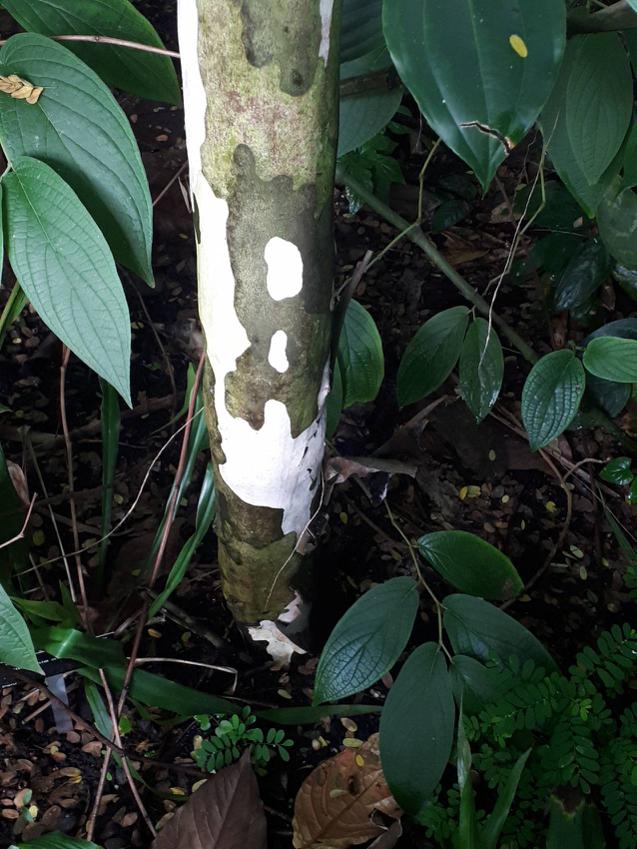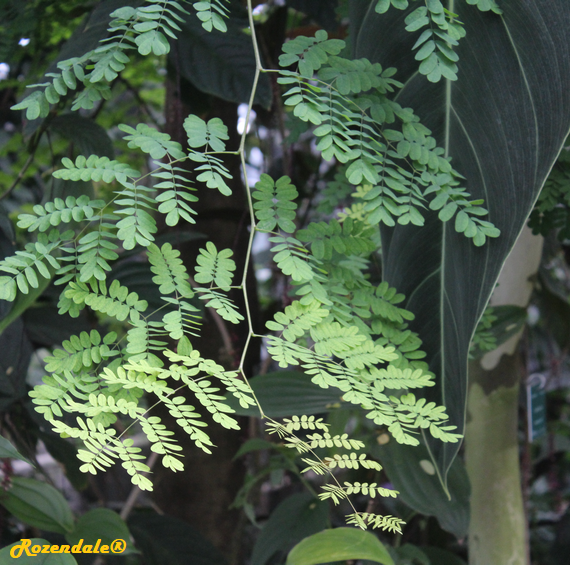Leopard tree - Caesalpinia ferrea
Description and Uses
Caesalpinia ferrea (Leopard tree) is a tropical tree from Patagonia. It is mainly grown for its timber crops (very long shelflife), but also Other uses include; apiculture, fuel, ornamental and timber can be produced. The crop is harvested by total removing. It starts flowering after 6 - 9 years. There are no edible parts. Medical uses include; Array The fruit contains methyl gallate (_? - _?). The tree`s wood is called Leopard wood and has a density of 860 - 870 kg/m³. Regarding firewood production the tree`s growing speed is medium, its energetic value is 4100 ckal/kg and the wood`s drying speed is fast; for firewood production it is not ideal. After 35 years the tree can be totally removed as it reached its commercial and ecological goal. Caesalpinia ferrea has a lifespan of 60 years.
Environmental limitations
The tree is 19 meters tall. It is medium growing and tolerates not less light than full sun. Caesalpinia ferrea has a deep root-system and forms symbiotic relations it has symbiotic associations with the Glomus intraradices fungus. (endo-mycorrhiza). It is able to fix nitrogen with Bacillaceae bacteria. The tree`s flower-morphology is dioecious and is pollinated by bees. Caesalpinia ferrea is evergreen and a bit allelopathic and has no thorns.
Caesalpinia ferrea thrives in an altitude of 500 to 2000 meters above sea-level (tropical). The minimum temperature is -2°C and optimally between 16 - 25°C. The optimal rainfall is 1550 mm/year. Without irrigation the annual rainfall should be between 550 - 2000 mm (L/m²). The optimal soil-pH is between 6.0 - 8.0 in a soil texture of sand. To salt it is a bit tolerant to wind a bit tolerant and to fire a bit tolerant.
Pests and Diseases
has no pests and to Phellinus noxius-root rot as disease diseases.
Seed Propagation
Seeds are orthodox and can be stored for 8 months. There are approximative 11000 seeds/kg. The seeds can be propagated as followed: (1) Store harvested seeds dry at room temperature, (3) Remove the seeds from cold to a permanent warm temperature., (3) Seeds germinate above ground (epigeous)
- Botanical Taxonomy -
|
|
|---|---|
| Clade | Rosids |
| Order | Fabales |
| Family | Fabaceae |
| Sub-family | Caesalpinioideae |
| Species | Caesalpinia ferrea |
| Common name | Leopard tree |
| Parameter | Rating |
|---|---|
| Fruit | 1.00 |
| Nut | 1.00 |
| Apiculture | 2.00 |
| Fodder | 4.00 |
| Medicinal | 3.00 |
| Oil | 3.00 |
| Timber | 5.00 |
| Firewood | |
| Grow-speed | medium |
See also |
|
|---|---|
Completed species |
|
|---|---|
|
|
|
